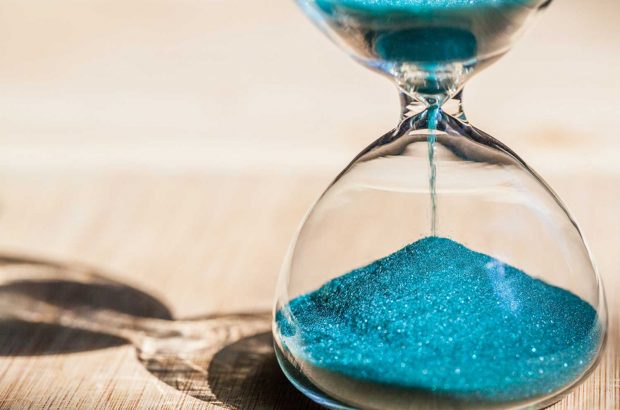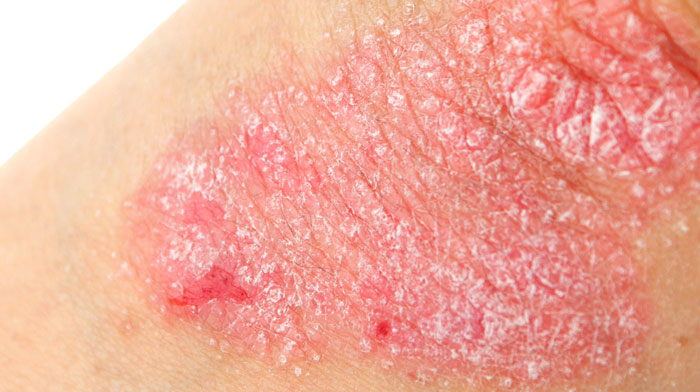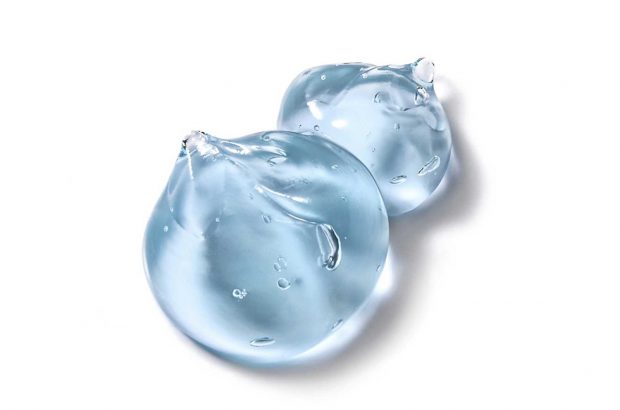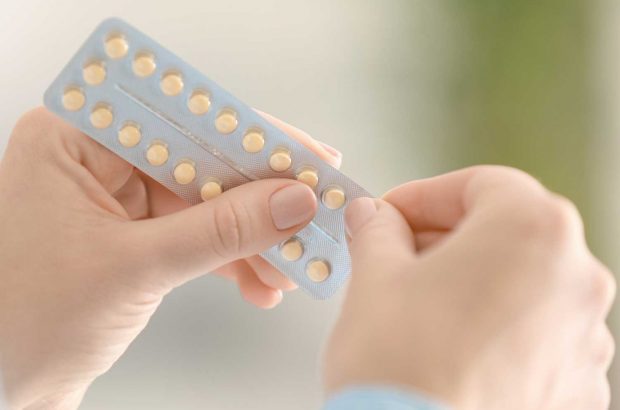
Psoriasis
Psoriasis is one of the commonest conditions seen by dermatologists. It is said to occur in 1 in 50 people, but is probably even commoner than that. Psoriasis is mostly a genetic condition, meaning that some people are simply born with a tendency to develop psoriasis. This does not necessarily mean that either of an individual’s parents would have had psoriasis (although this is commonly the case), but that the combination of genes from both parents has caused the condition.
What Treatments are Available for Psoriasis?
Treatments for psoriasis are often very effective, but are time consuming to apply. A wide number of treatments are available for psoriasis, and there have been huge advances in the last decade in the management of severe psoriasis. Some of the new injected treatments for very severe psoriasis have revolutionised treatment and are among the most exciting developments in dermatology.
Mild and moderate psoriasis is often best treated using topical creams, gels or lotions which can be highly effective. Several different types exist and these often work best in combination. Your dermatologist will advise you on which combination is most likely to help you. Treatments include topical vitamin D-like treatments, corticosteroids, coal-tar based preparations, vitamin A-like preparations and dithranol an effective plant-derived treatment.
More severe psoriasis, or psoriasis that is having a major impact on quality-of-life is often best treated with specialised ultraviolet light treatments, oral treatments which control the body’s tendency to cause psoriasis inflammation or, for patients who do not respond, injectable ‘biological’ treatments which are often highly effective. Dermatologists will be able to discuss the pros and cons of these treatments with you and help you select the treatment that is most appropriate for you.
When does Psoriasis Appear?
Psoriasis tends to appear in mid adult life, although does occur in children and older adults. Psoriasis is a condition which is often chronic (lasting for months to years), but often comes and goes in severity. Certain things are know to make psoriasis worse including emotional stress, certain medications, bacterial sore throat infections and higher levels of alcohol consumption.
How does Psoriasis Make People Feel?
Psoriasis can be very distressing, and psoriasis patients often experience significant psychological upset, low self esteem, feelings of low self worth, a reluctance to socialise and difficulties in forming emotional and sexual relationships.






